The clinical signs of Feline Idiopathic Cystitis include dysuria (difficulty or pain during urination), pollakiuria...
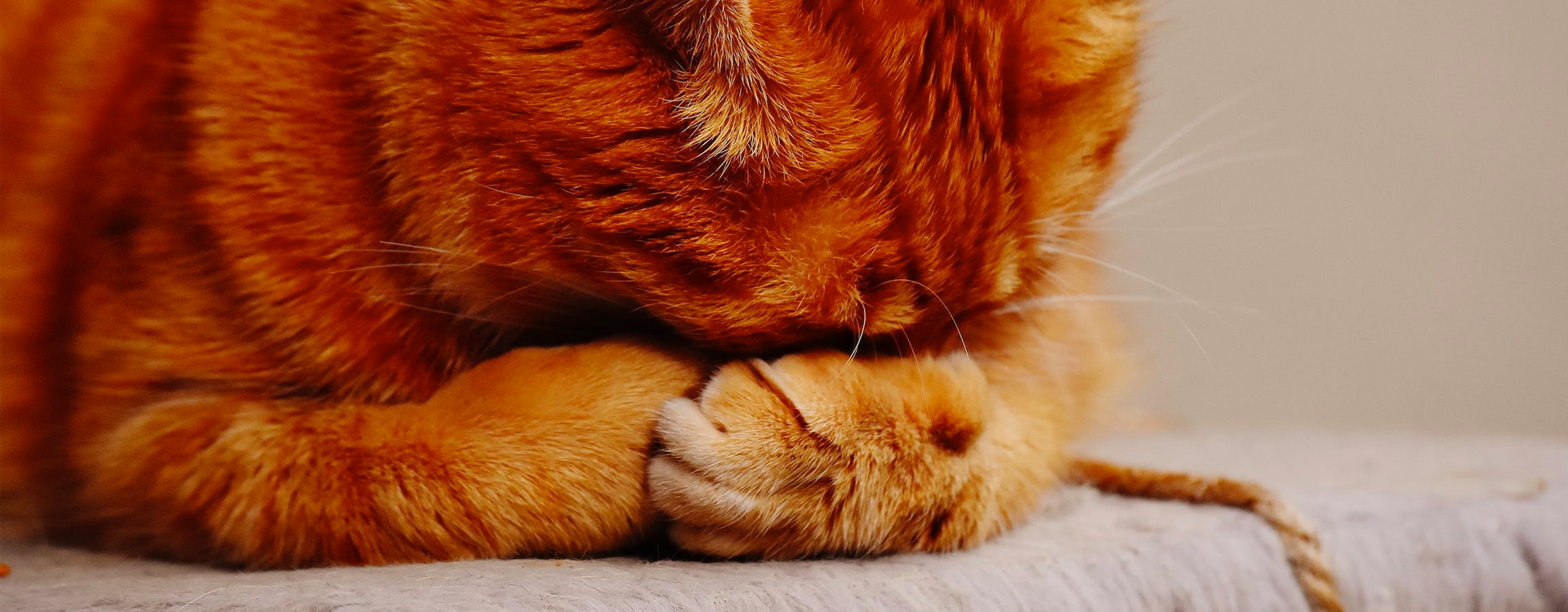
How does anxiety and cortisol affect their health? What can happen to a stressed cat?
Did you know that your cat can experience a range of emotions and mental states that directly impact their wellbeing?
Of course, cats are very stress-prone animals and any small change in their calm and predictable environment can cause them to experience a serious problem if not identified and treated. They are very territorial animals.
For this reason, stress and how it affects them is a growing concern among cat guardians and veterinary professionals. Furthermore, if stressors are frequent, unpredictable or if the animal does not have the tools to cope with them, it can turn into anxiety and will trigger the release of hormones such as cortisol on an ongoing basis, which will negatively influence the cat's body.
Thus, although cats are popularly known for their independence and calmness, they are actually very sensitive animals. Changes in their environment, routine or relationships affect them greatly. Even if it seems to you that your cat is impassive, the pressure comes from within. And it is precisely being very still that is a sign of stress. Knowing how to identify it is the great challenge, as they won't tell you in words.
Signs that your cat may be suffering from stress
You will need to watch for any of these signs as a guardian:
Changes in behaviour: Stressed cats may become more withdrawn, avoid interaction or become excessively needy for attention. They may also become aggressive towards other conspecifics or you or start to urinate outside their litter box.
Eating changes: A stressed cat may stop eating or, in some cases, begin to overeat.
Alterations in personal hygiene: Stress can lead cats to increase or decrease their grooming habits, resulting in a scruffy coat or excessive licking.
Apathy and sleep changes: Stressed cats may become more lethargic or, conversely, have difficulty sleeping properly.
Hypersensitivity to stimuli: They may be easily startled by small noises or movements..
Anxiety in cats
Anxiety is a complex emotion that cats may experience due to a variety of situations. A change in the household, the addition of new family members, frequent visits from strangers or even lack of environmental enrichment can all contribute to anxiety. When a cat feels anxious, physiological responses are triggered in the body, and one of the main hormones involved in these responses is cortisol.
How does cortisol influence cats?
Cortisol, often called the "stress hormone", is a hormone produced by the adrenal glands in response to stressful situations. In small amounts, cortisol is essential for the regulation of metabolism, the immune system and other vital functions. However, in situations of chronic or excessive stress, cortisol levels can increase significantly, which can have adverse effects on the cat's health, for example:
Weakened immune system: Elevated levels of cortisol can suppress the immune system, leaving the cat more vulnerable to infection and disease.
Digestive problems: Prolonged stress can affect the gastrointestinal system, causing problems such as diarrhoea, vomiting and loss of appetite.
Coat disorders: High cortisol levels can affect the quality of the coat, causing hair loss and a dull coat.
Urinary problems: Stressed cats may be at increased risk of developing urinary problems, such as urinary infections or crystals in the urine.
Behavioural disorders: Chronic stress can trigger behavioural disorders, such as excessive licking or the development of aggressive behaviour.
Addressing stress effectively is essential to maintaining the cat's health and well-being. Some strategies include:
Environmental enrichment: Providing toys, scratching posts and opportunities for exploration and hiding can reduce boredom and stress. Visit our article "Pillars of a healthy feline environment" for a reminder of these strategies.
Consistent and predictable routine: Maintaining a predictable routine can provide security and reduce anxiety.
Refuge areas: Provide safe, quiet spaces where the cat can retreat to when feeling overwhelmed.
Gradual introduction: If there is a change in the household, introducing it gradually can help the cat adapt without feeling stressed.
Supplements and medication: In severe cases, a veterinarian may recommend supplements or medication to reduce anxiety and stress.
So remember, understanding the symptoms of stress, identifying the sources and taking steps to reduce them are essential steps to keeping your beloved
friend healthy and happy. With the right commitment on your part and veterinary care when needed, you can give your cat the quality of life it deserves.


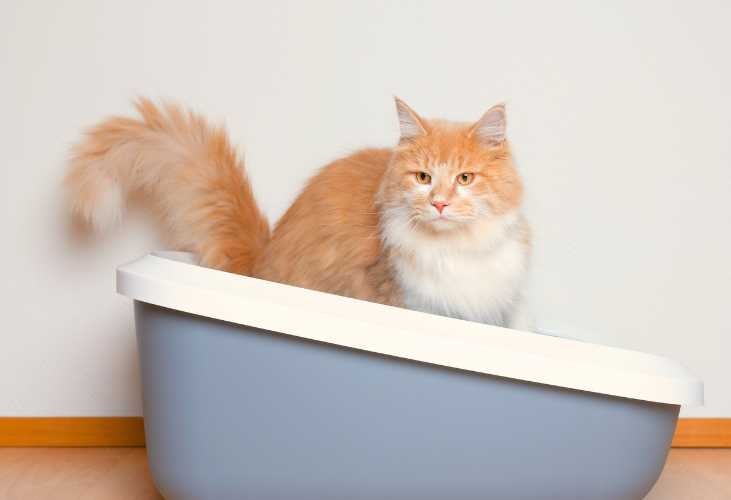

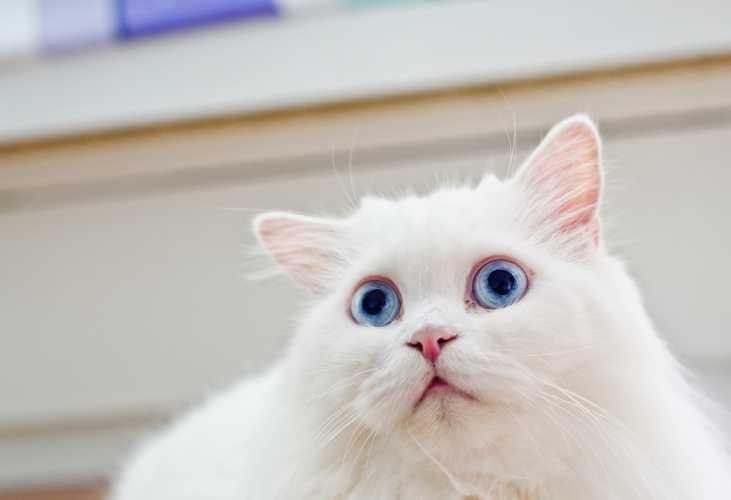
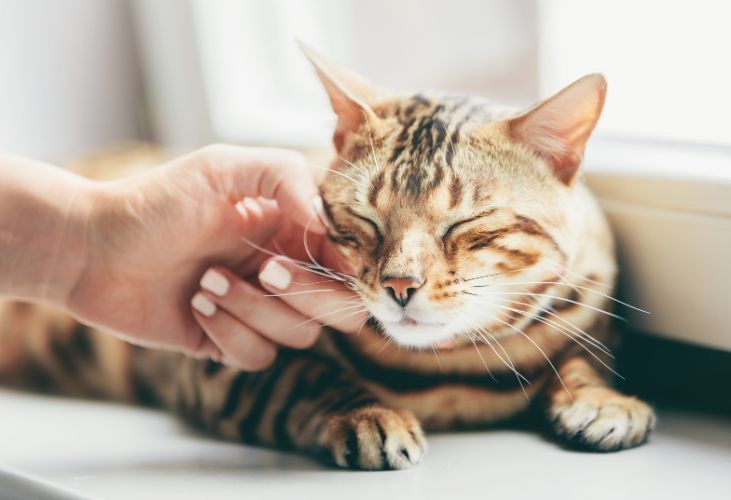
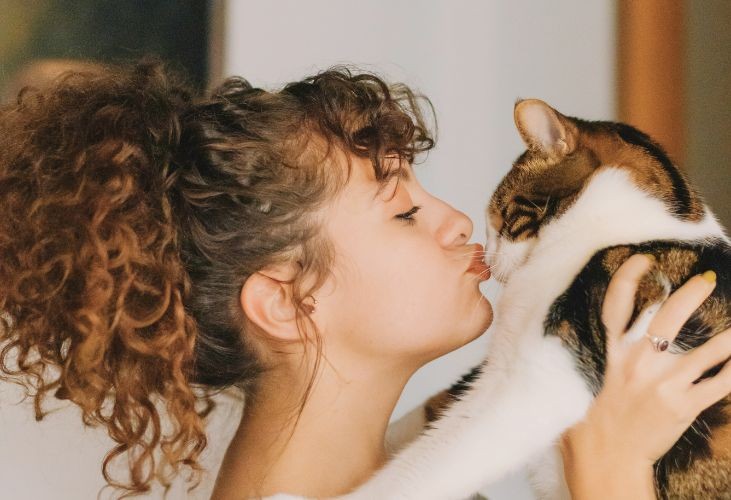
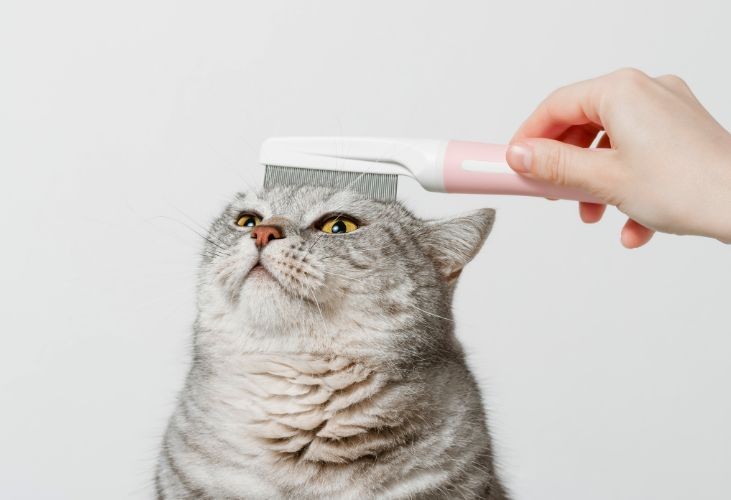
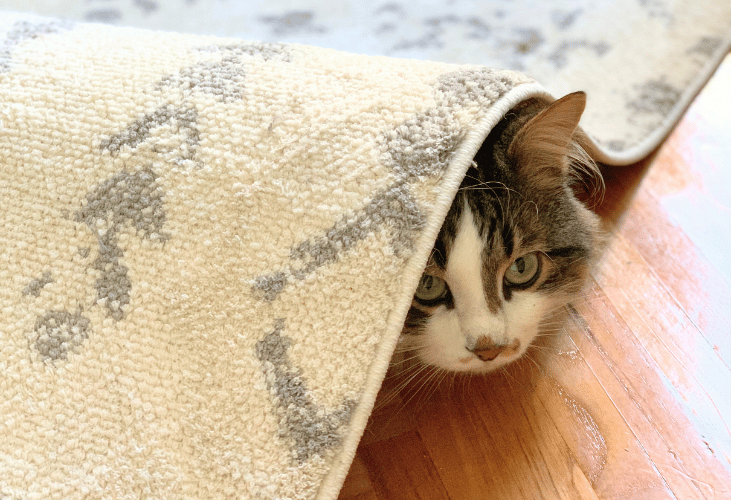
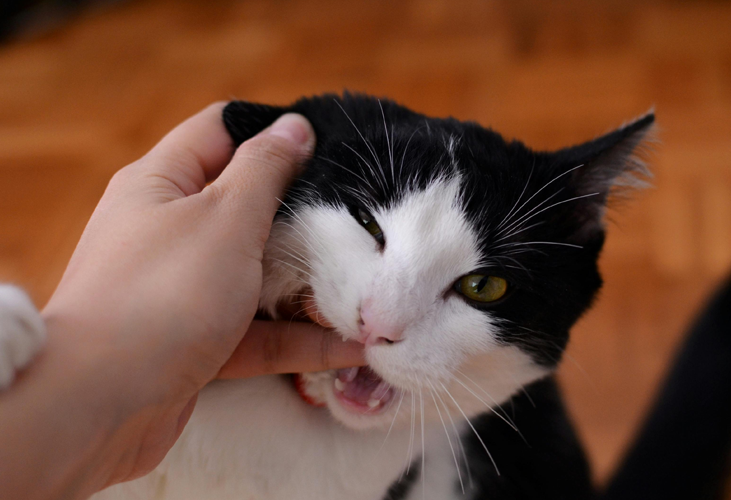
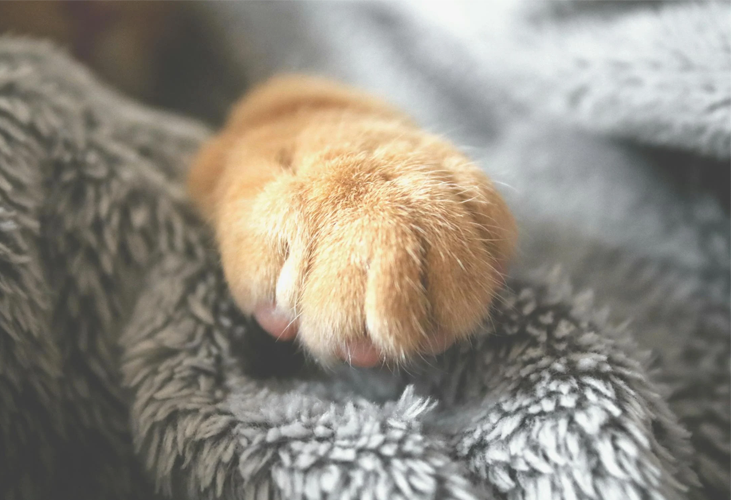
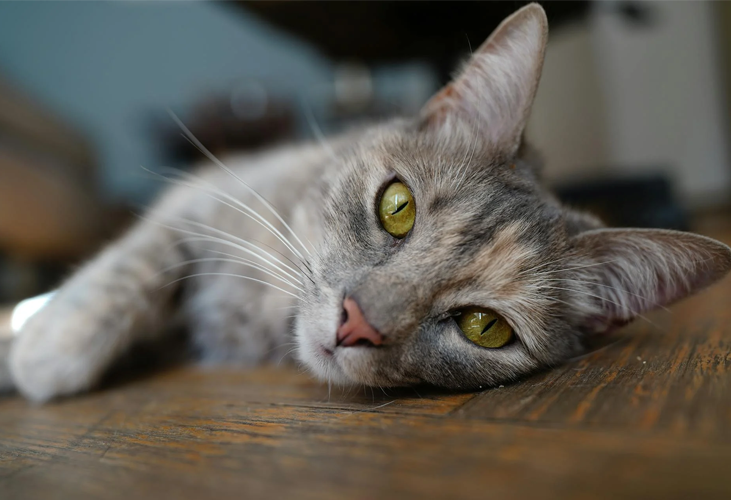
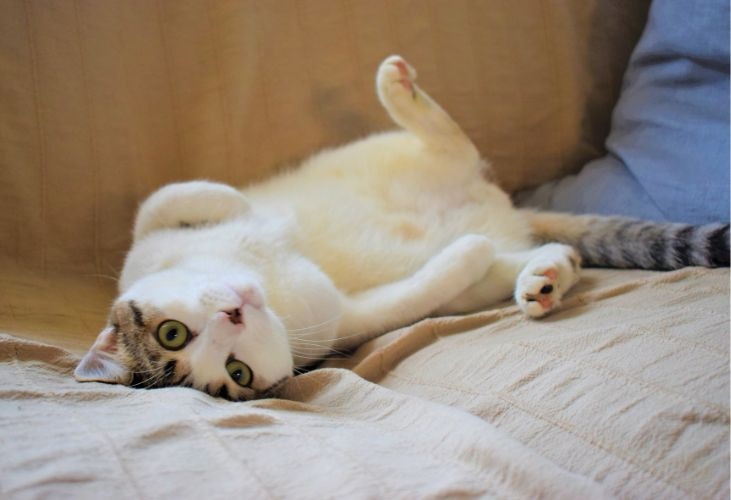
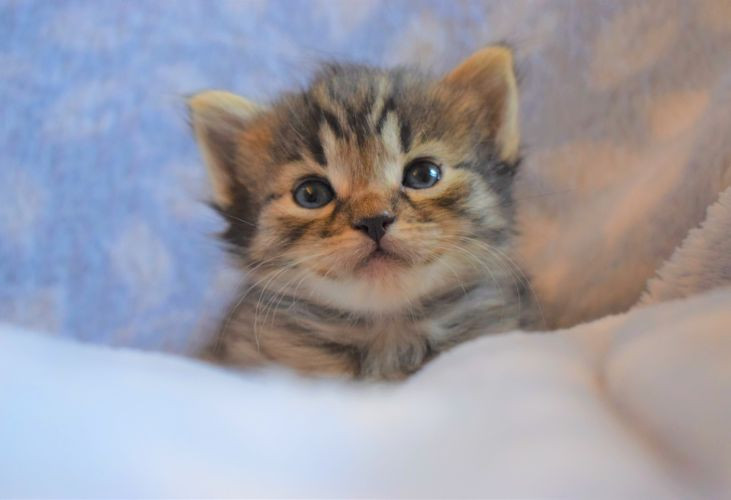
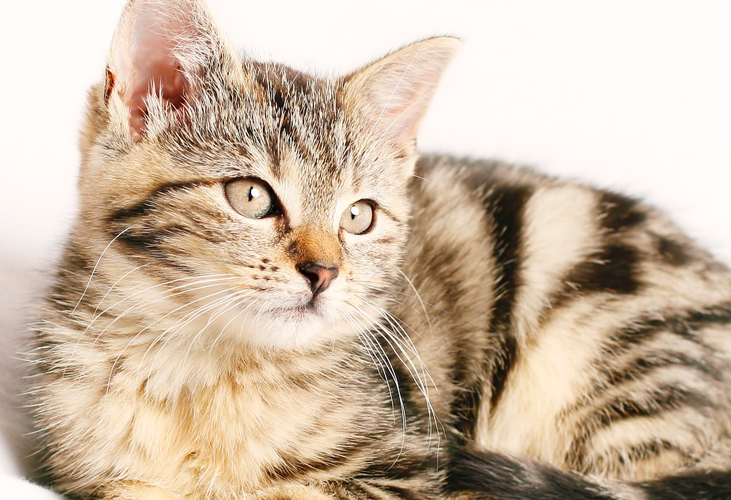
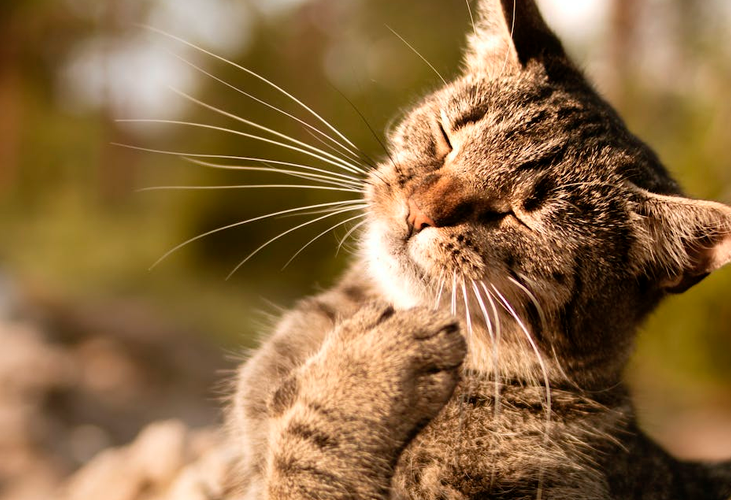
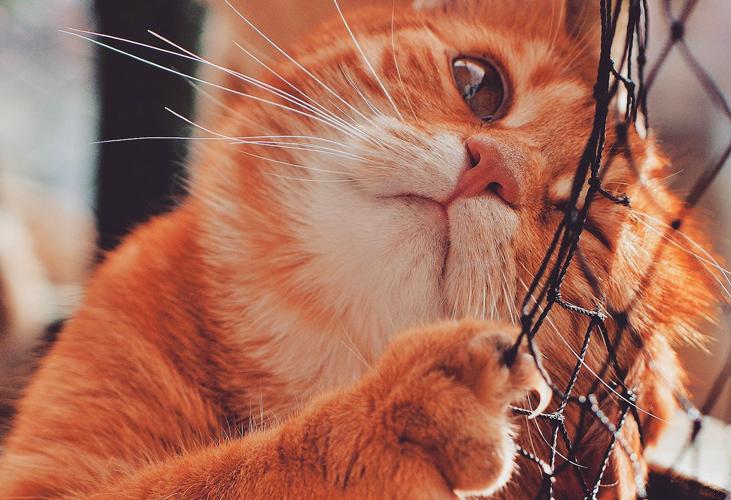
Leave a comment